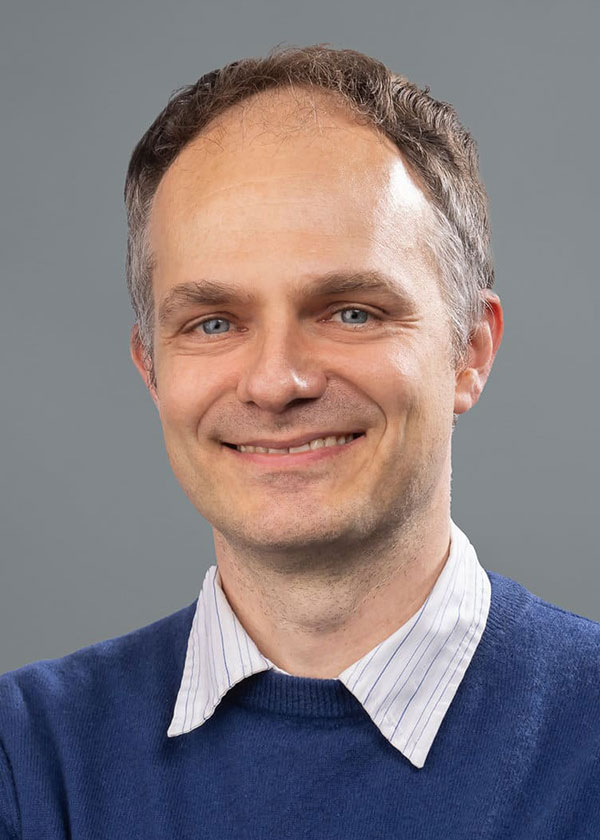
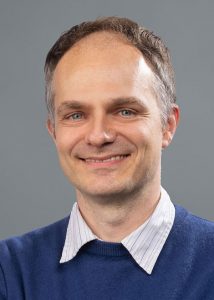
We conduct our BrainWorlds Journal Club to keep ourselves updated on the state-of-the-art literature on internal world models and align our thoughts on what we will contribute to the field. On Tuesdays at 12:30 PM, our investigators and early career researchers meet to present and discuss a paper relevant for the topics of BrainWorlds.
| Session Nr. | Date | Topic | Presenter |
| 13 | Feb 6, 2024 | Transformers Can Do Bayesian Inference. doi: 10.48550/arXiv.2112.10510 | Frank Hutter |
| 14 | Feb 13, 2024 | Volitional activation of remote place representations with a hippocampal brain-machine interface. doi: 10.1126/science.adh5206 | Marlene Bartos |
| 15 | Feb 20, 2024 | Adaptation in Auditory Processing. doi: 10.1152/physrev.00011.2022 | Nicole Roßkothen-Kuhl |
| 16 | Feb 27, 2024 | Johannes Letzkus | |
| 17 | March 5, 2024 | Andreas Vlachos | |
| 18 | March 12, 2024 | Claus Normann | |
| 19 | April 16, 2024 | Andreas Schulze-Bonhage |
| Session Nr. | Date | Topic | Presenter |
| 12 | Jan 30, 2024 | How language can shape learning of world models. doi: 10.48550/arXiv.2308.01399 | Abhinav Valada |
| 11 | Jan 23, 2024 | The bittersweet lesson: data-rich models narrow the behavioural gap to human vision. doi: 10.1167/jov.22.14.3273 | Adam Kortylewski |
| 10 | Jan 16, 2024 | Human-like systematic generalization through a meta-learning neural network. doi: 10.1038/s41586-023-06668-3 |
Joschka Bödecker |
| 9 | Jan 9, 2024 | Data Distributional Properties Drive Emergent In-Context Learning in Transformers. doi: 10.48550/arXiv.2205.05055 |
Thomas Brox |
| 8 | Dec 5, 2023 | Contextual inference underlies the learning of sensorimotor repertoires. doi: 10.1038/s41586-021-04129-3 | Carsten Mehring |
| 7 | Nov 28, 2023 | How deep is the brain? The shallow brain hypothesis. doi: 10.1038/s41583-023-00756-z | Ilka Diester |
| 6 | Nov 21, 2023 | An Anatomically Constrained Model for Path Integration in the Bee Brain. doi: 10.1016/j.cub.2017.08.052 | Andrew Straw |
| 5 | Nov 7, 2023 | Prior information differentially affects discrimination decisions and subjective confidence reports. doi: 10.1038/s41467-023-41112-0 |
Natalie Mrachacz- Kersting |
| 4 | Oct 31, 2023 | Representation of Real-World Event Schemas during Narrative Perception. doi: 10.1523/JNEUROSCI.0251-18.2018 | Monika Schönauer |
| 3 | Oct 24, 2023 | Studying the neural representations of uncertainty. doi: 10.1038/s41593-023-01444-y | Florian Steebergen |
| 2 | Oct 17, 2023 | A cerebellar internal model calibrates a feedback controller involved in sensorimotor control. doi: 10.1038/s41467-021-26988-0 | Christian Leibold |
| 1 | Oct 10, 2023 | Learning task-state representations. doi: 10.1038/s41593-019-0470-8 | Lisa Graf |
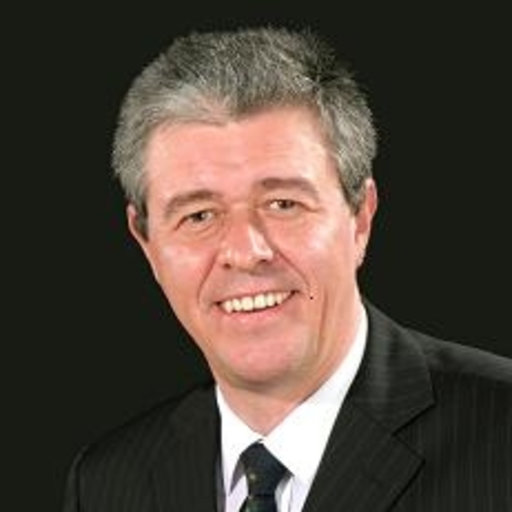
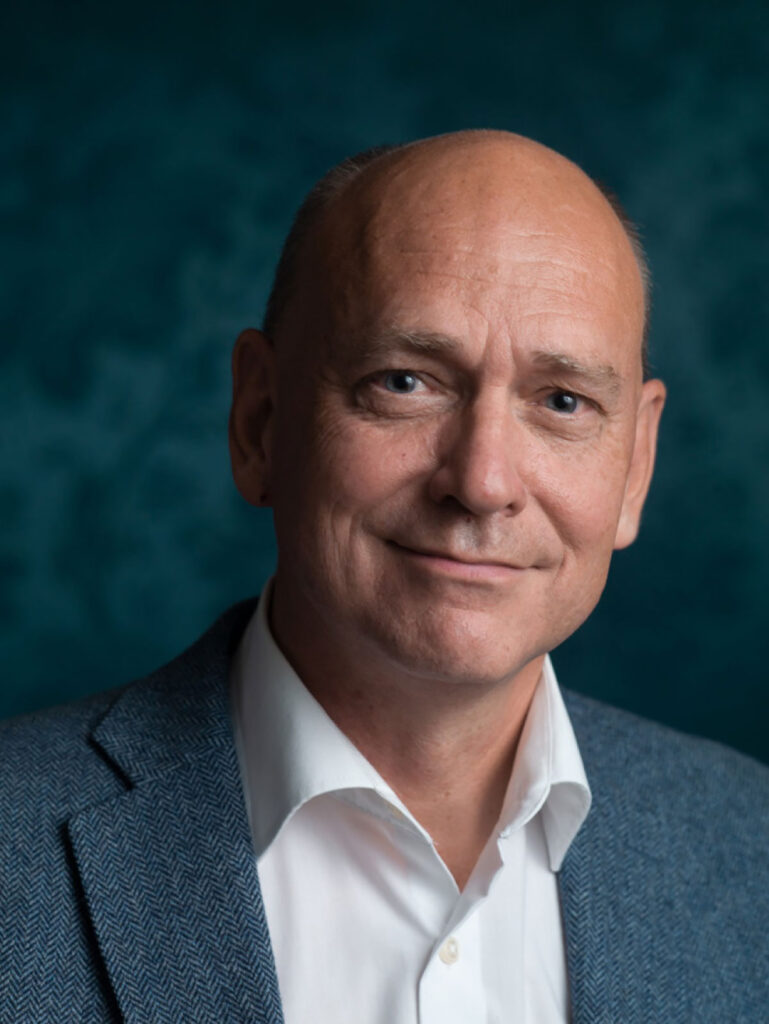
Consciousness, predictive processing and multisensory integration
Cyriel Pennartz is Professor of Cognitive and Systems Neuroscience at the Swammerdam Institute for Life Sciences and the University of Amsterdam, the Netherlands. He studied biology and philosophy at the same institution. His current research is focused on perception, consciousness and memory. During his career he worked, amongst others, at the California Institute of Technology, University of Tennessee (Memphis) and University of Arizona (Tucson). At the University of Amsterdam, he leads a department of about 25 researchers, including 5 faculty. His group uses a multidisciplinary combination of techniques to understand the relationships between distributed neural activity and cognition, including in vivo electrophysiology and optical imaging, animal behavior, optogenetics and computational modelling.
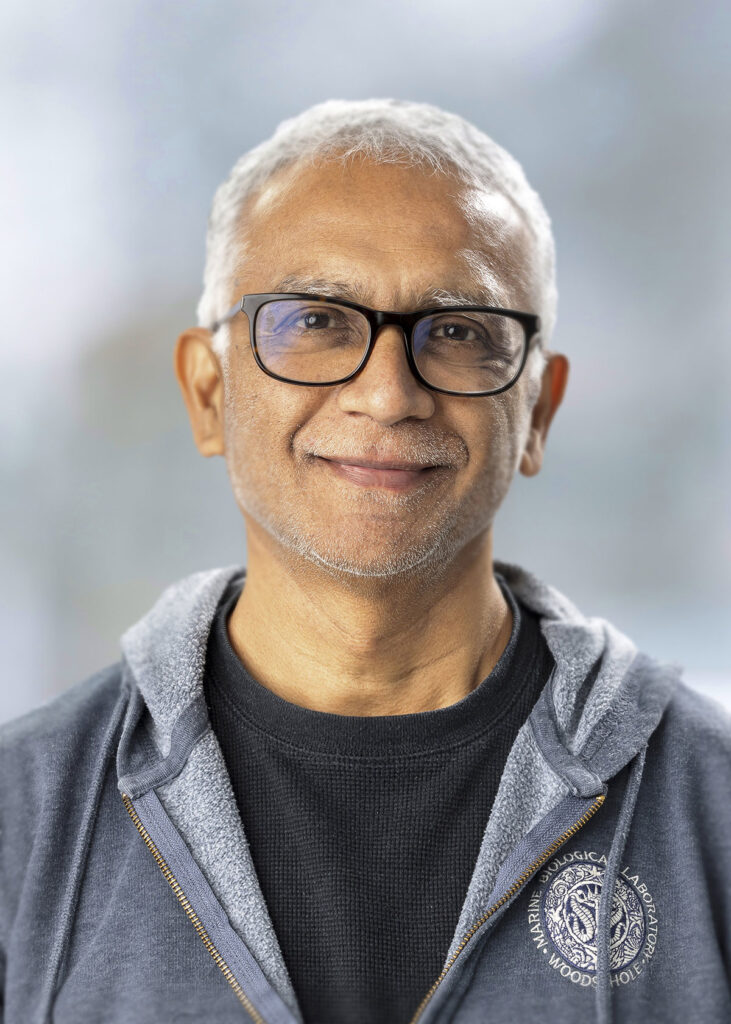
Altered Selves and Self Models
Could changes in how we experience ourselves—in conditions such as Xenomelia and Autoscopy – be due to changes in how our brains model our bodies and the environment? And could these altered selves give us clues to the nature of our sense of self? In this talk, Anil Ananthaswamy explores the idea that our sense of self is a construction, a process that is active moment-by-moment. A construction can come apart, as it does in conditions such as Alzheimer’s disease, schizophrenia or even during out-of-body experiences; in each case, certain aspects of our sense of self are disrupted, even destroyed. Examining the ways in which the self is altered helps us understand how the self is put together in the first place, by the brain and body acting in concert.
Anil Ananthaswamy is an award-winning science writer and former staff writer and deputy news editor for New Scientist magazine and a 2019-20 MIT Knight Science Journalism fellow. He’s currently the journalist-in-residence at the Heidelberg Institute for Theoretical Studies. Anil writes regularly for Quanta, Scientific American, New Scientist and Nature, among others. He is the author of three books: The Edge of Physics, The Man Who Wasn’t There and Through Two Doors at Once. Anil’s next book, Why Machines Learn: The Elegant Math Behind Modern AI, will be published by Dutton, Penguin Random House, in May 2024.
November 8-9, 2023
The workshop was designed as a unique opportunity to think beyond your own discipline and to look for synergies with other research fields. Internal world models are a requirement for biological and artificial intelligence to enable flexible behaviour.
Participants discussed the underlying principles of internal world models with cutting-edge experts from neuroscience und AI. It was an event of great scientific value for the BrainWorlds Research initiative and the partnership between Freiburg and Oxford Universities.


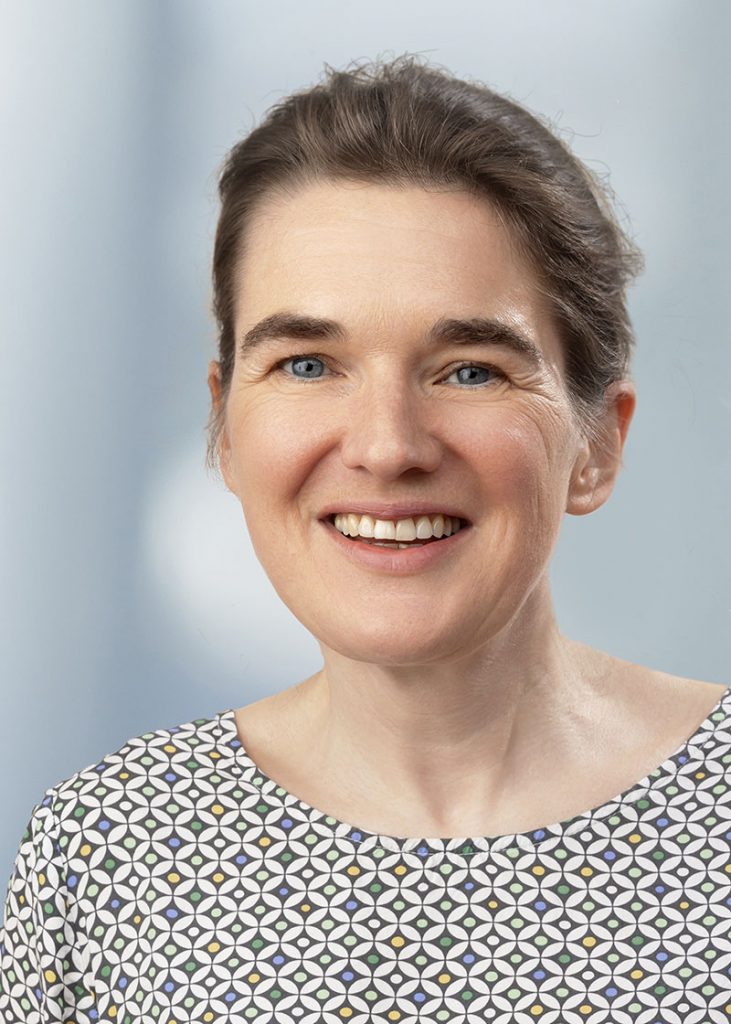
Head
Optophysiology - Optogenetics and Neurophysiology
University of Freiburg
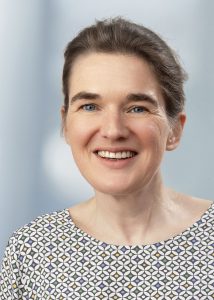
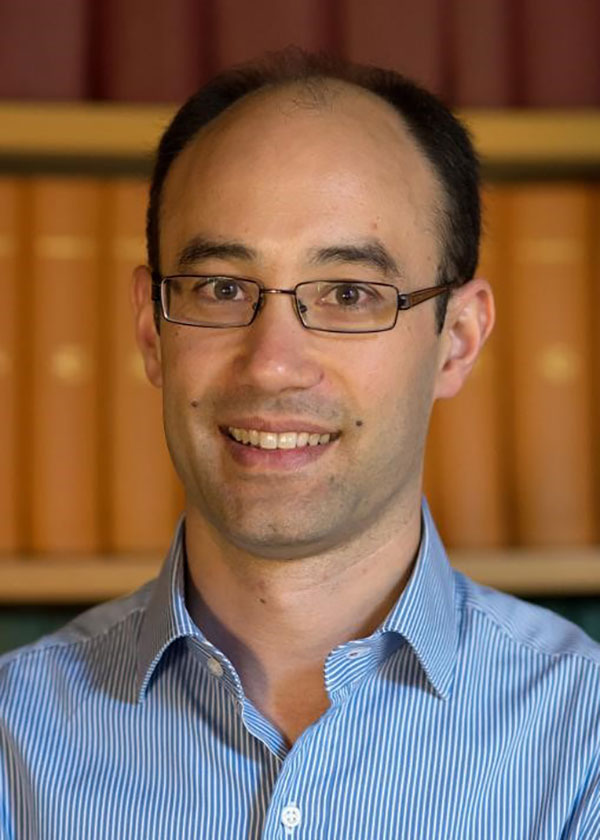
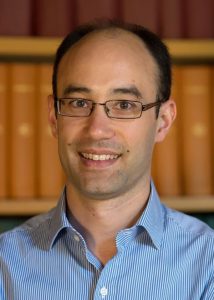
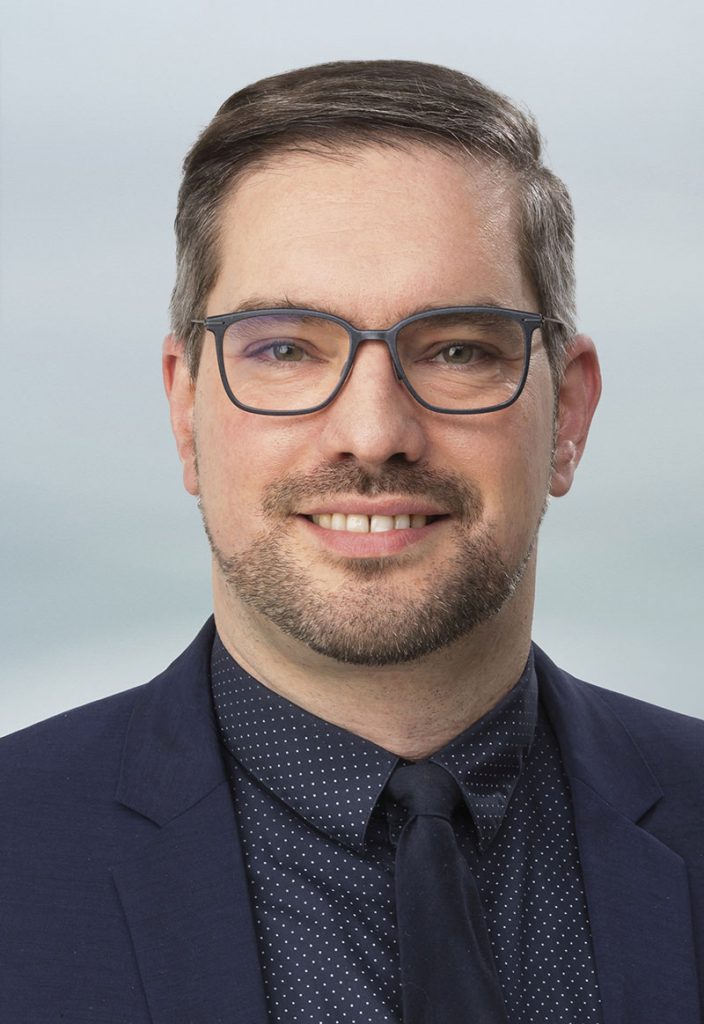
Institute for Anatomy and Cell Biology
University of Freiburg
